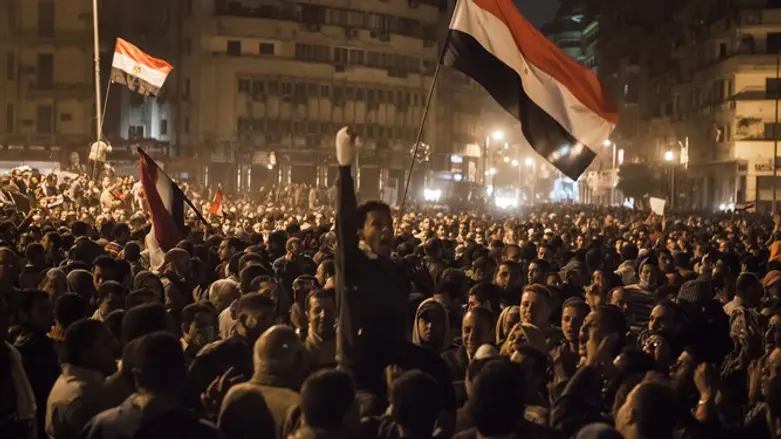
Many strong men have fallen: the Tunisian Zine el-Abidine Ben Ali, the Egyptian Hosni Mubarak, the Libyan Mouammar Gaddafi, the Sudanese Omar al Bashir and the Yemeni Ali Abdallah Saleh. Five dictators and 146 years of government in total.
But what followed was only rubble and misdeeds.
Ten years ago, the beginning of the civil war in Syria. now up to at least 400,000 dead and 11 million refugees out of a total population of 22 million. The goal was to overthrow the Bashar al Assad regime and put a Caliphate in its place. Assad today is the curator of a country in ruins. Until the spring of 2011, Aleppo was home to the largest number of Christians, which then decreased from 200,000 to 35,000, a drop of 85%. The second largest Christian community in Syria before the war was in Homs, where Christians dropped 95%, from 40,000 to just 2,000. These "springs" have meant an endless winter for entire Christian communities, which have been there for two millennia.
Western leaders, intoxicated by the "end of history", tried to get on the "progress" bandwagon in Libya. The unfortunate military action of France and Great Britain, supported by Obama's United States, led, after a brief civil war, to the fall of Gaddafi and the division of the country into clans and militias and tribes, with Erdogan's Turkey taking a piece of the country.
Qatar financed the Muslim Brotherhood and, through its al-Jazeera television channel, fomented the riots that initially benefited the forces of political Islam. In Tunisia, then in Egypt, the Islamists took power through the ballot box. But in the summer of 2013, General Abdel Fattah al-Sisi overthrew President Mohammed Morsi and threw thousands of Muslim Brothers in prison. It meant the end of Islamism in power.
The return to power of the army in Egypt is supported by Saudi Arabia and the United Arab Emirates, determined to counter the influence of Qatar. In Syria, however, the same regimes finance the Islamist formations and the country practically no longer exists.
The spiral of violence in Yemen has resulted in famine and a Yemeni child under 5 dies of hunger every ten minutes. In Iraq there was the genocide of an entire community, the Yazidis, by ISIS.
Gaza is a little Afghanistan on the Mediterranean.
Of the ten countries that have experienced uprisings, only Tunisia has seen a form of transition to democracy. But the situation remains very precarious due to political instability, Islamists and the economic crisis.
These Western illusions have cost us very dearly: at least half a million deaths and 20 million displaced persons, economic impoverishment, the end of every form of rule of law and religious coexistence, the collapse of the Middle East and North Africa into chaos.
Too many eggs have been broken chasing after the "spring" as sung by Western useful idiots.
Giulio Meotti is, an Italian journalist with Il Foglio, writes a twice-weekly column for Arutz Sheva. He is the author, in English, of the book "A New Shoah", that researched the personal stories of Israel's terror victims, published by Encounter and of "J'Accuse: the Vatican Against Israel" published by Mantua Books, in addition to books in Italian. His writing has appeared in publications, such as the Wall Street Journal, Gatestone, Frontpage and Commentary.
